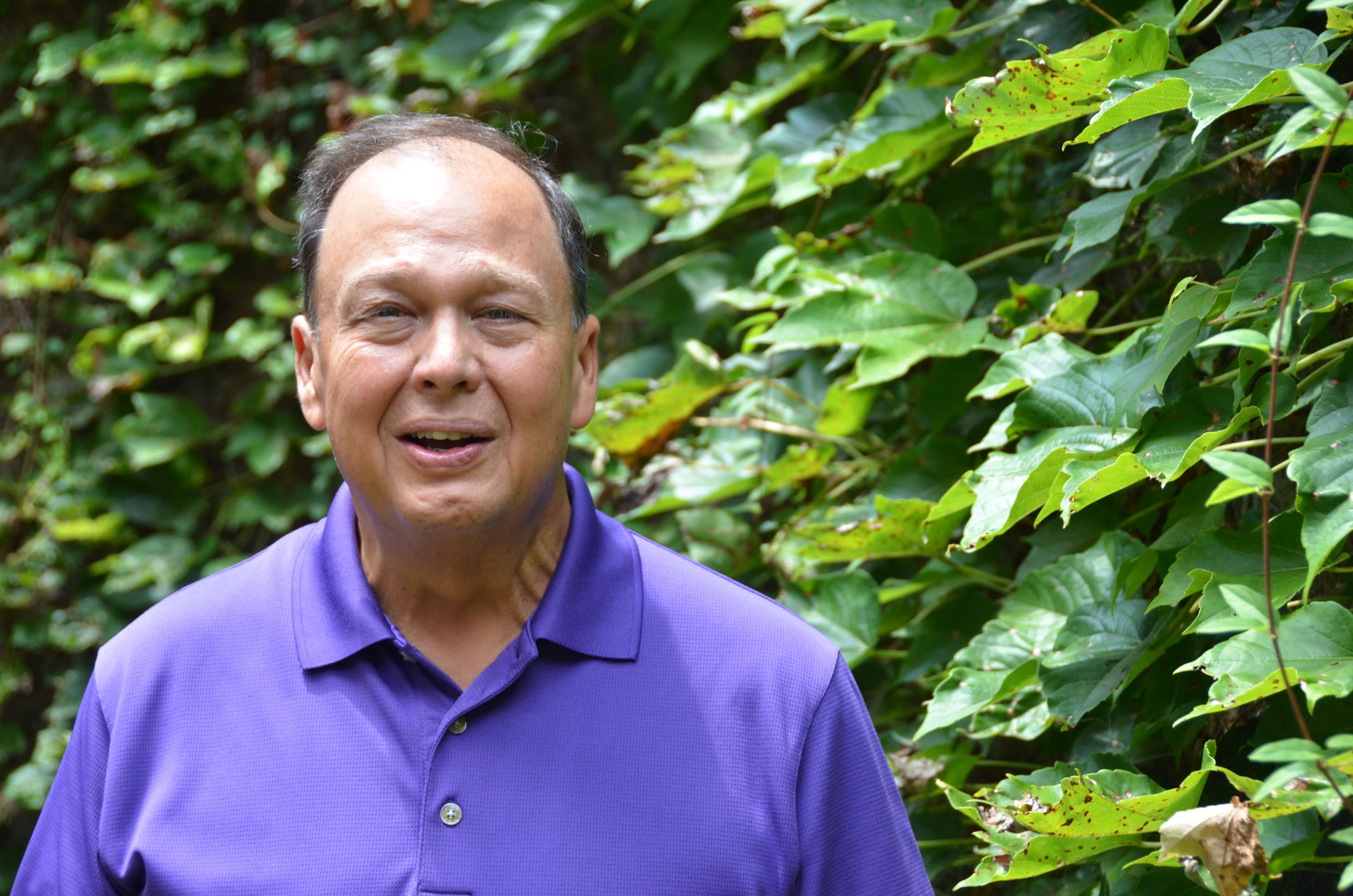By the year 2050, the United States will no longer have a majority ethnic group. The nation's population will be majority-minority. This future nationwide reality has already been a present reality in several cities, including many in the urban south, for nearly a decade. In a 2011 State of the City Address, the mayor of pastor and author Mark Hearn's city said there were 57 languages spoken at the local high school.
Hearn left asking himself, "How should our church respond?" In the years that have followed, a phenomenal transformation has taken place. In this Q&A, Hearn shares a glimpse into his firsthand experience of leading his church to embrace multicultural ministry. And challenges other ministry leaders to do the same.

When did God first grip your heart with a vision for multiethnic ministry, and how did he do so?
Having a master's degree in evangelism and a doctorate in the area of church growth, I have been taught how to evaluate the local community and seek significant ways to connect and make an impact. However, I had never experienced anything like the rapidly diversifying populace of Duluth, Georgia. Clearly, without a significant change of direction, the First Baptist Church was going to be irrelevant to the city in short period of time. As I studied and sought advisers in how to do multicultural ministry, I became convinced that this is not only the right thing to do for my setting of ministry—it is the right thing (biblically correct) to do PERIOD!
Tell us one thing you've learned about God through the process of transitioning FBC Duluth to a multiethnic model of ministry?
God desires for us to live in relationships. You approach God through a relationship with His Son, Jesus Christ. Therefore, the way to overcome prejudice, racial bias, and even hatred is through relationships. As our church has grown increasingly diverse, people no longer look at ethnicity as a dividing line, but rather a symbol of unity and God's redeeming plan.
Why do you think there aren't many churches pursuing diversity? What are some of the roadblocks you see standing in the way of reconciliation?
The church growth movement of the eighties and nineties yielded a consumer mindset to church that emphasized "comfort" and "like-mindedness." The multicultural church challenges these principles. Crossing cultural barriers is a challenging and difficult task. Without sensing the calling and direction of God, most will quit and give up the task way too early.
Tell us one great joy and one severe struggle you have experienced pastoring a multiethnic church.
One of the great joys is having genuine friends from around the world. My wife Glenda and I have hosted numerous international families in our home for holidays, or just opportunities to get to know each other. This leads to one of the greatest struggles… some longtime Anglo members have accused me of only caring about the international people in our congregation. This is a perception issue that causes consistent consternation. One seasoned church leader challenged me that only international members get invited to my home for close fellowship. I reminded he and his wife that they had been in my home, as had many others that had made similar comments.
What is one word of advice you would give to other ethnic-majority pastors who shepherd multiethnic flocks?
The key is found in the difference between "assimilation" and "accommodation." Most churches are assimilating in their approach to church membership. Many even have a staff member dedicated to the process of assimilation. This is the concept that our church has a culture that we are asking you to learn and adopt. This process is "become like one of us and you can become one of us." The concept of accommodation is dramatically different. Accommodation seeks to understand the culture of others and seeks ways to aid (accommodate) them in the pursuit of becoming all that God desires for them to become. Accommodation involves a great deal of listening, a willingness to be flexible in approach, without compromising anything of biblical integrity about the ministry.
